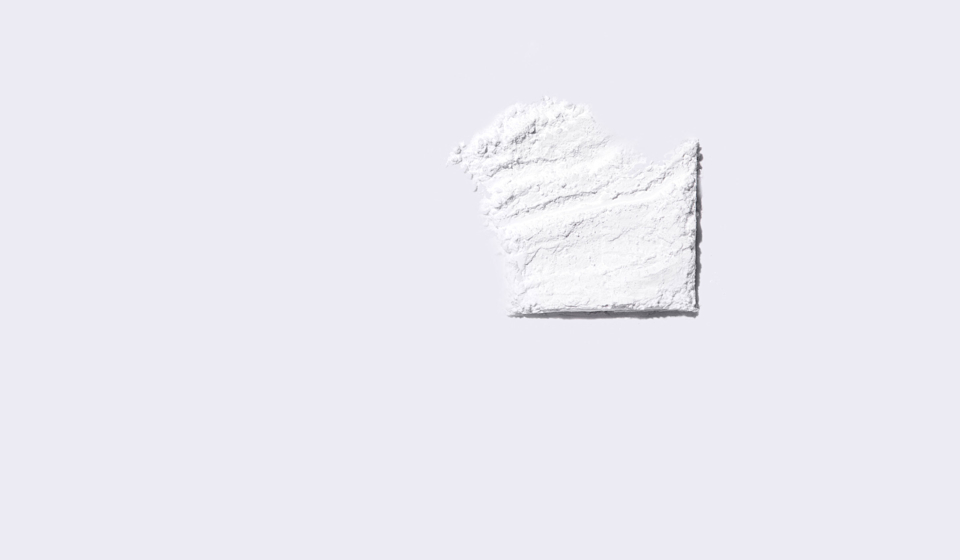

4 min read
What Does Magnesium Do For the Body? Here’s What You Should Know


Dr. Bortz: Albion Minerals®, a subsidiary of Balchem, is known as the company that developed chelated minerals to support bioavailability and tolerability. With products in the human nutrition market for decades and the subject of about 150 clinical studies published in peer reviewed journals, Balchem has truly set the bar for scientific standards of efficacy and safety.
We also have a scientific department dedicated to understanding absorption kinetics, human metabolism and physiology. We have a robust intellectual property portfolio of over 162 US and international patents and dozens still pending for novel new ways to improve mineral nutrition.
Ren Gonzalez: DMM is a novel composition because it has Magnesium salts on both ends of the molecule. One of the main reasons you would take DMM is because it has a high potency of Magnesium. One of the other common supplementation sources is Magnesium oxide, which is potent but less bioavailable. Other forms are more bioavailable, but can cause GI issues. DMM allows you to have a high concentration of Magnesium without some of the effects that can happen with other non-organic minerals on the market.*
Ren: Apples are the first that come to mind. But also apricots, watermelon, blueberries. Magnesium is also found in foods. So it’s possible that Magnesium malate is found in the same foods.
Ren: DMM is made using an acid/base reaction between basic Magnesium and malic acid. Sort of like mixing vinegar with baking soda, but a lot more complicated than that.
Ren: The Magnesium is made in an industrial process but is derived from natural sources. Most magnesium that you get is extracted from seawater. In that form, it exists as Magnesium chloride, and then it’s processed to get to the pure Magnesium. DMM comes from combining malic acid and Magnesium. Malic acid comes primarily from fruits. Our malic acid comes from a synthetic source because it’s more affordable and easier to control purity and limit contamination than getting it from a natural source. We’re really using malic acid as a delivery system. Malic acid is malic acid whether it comes from fruit or a lab.
Ren: Yes, DMM is non-GMO certified.
Dr. Bortz: Several human studies with Albion’s Magnesium chelates have shown that the chelates are more bioavailable than Magnesium oxide, another form. They have also showed that Magnesium chelates are easier on your GI system.*
Albion Minerals® is a registered trademark of Albion Laboratories, Inc

Dr. Mastaneh Sharafi, PhD, RD, SVP, Science and Innovation
Dr. Mastaneh Sharafi has a PhD in Nutritional Sciences and is a Registered Dietitian. She received her training from Penn State University and University of Connecticut where she researched dietary patterns, chemosensory perception and community nutrition. Her dietetic work is focused on promoting healthy eating habits by translating the science of nutrition into practical information for the public.
LinkedIn
Dr. Mastaneh Sharafi, PhD, RD, SVP, Science and Innovation
Dr. Mastaneh Sharafi has a PhD in Nutritional Sciences and is a Registered Dietitian. She received her training from Penn State University and University of Connecticut where she researched dietary patterns, chemosensory perception and community nutrition. Her dietetic work is focused on promoting healthy eating habits by translating the science of nutrition into practical information for the public.
LinkedInThis article was written by our content specialist.

Victoria Hoff, Writer
Victoria Hoff is an accomplished writer, journalist, and former wellness editor who has covered a wide variety of health, nutrition, and wellness topics during her tenure. She graduated Magna Cum Laude with a Bachelor of Arts from New York University, and after writing for Vogue, Elle, Byrdie, The/Thirty, and more, channeled her editorial skills into a marketing career.
LinkedIn
Victoria Hoff, Writer
Victoria Hoff is an accomplished writer, journalist, and former wellness editor who has covered a wide variety of health, nutrition, and wellness topics during her tenure. She graduated Magna Cum Laude with a Bachelor of Arts from New York University, and after writing for Vogue, Elle, Byrdie, The/Thirty, and more, channeled her editorial skills into a marketing career.
LinkedIn